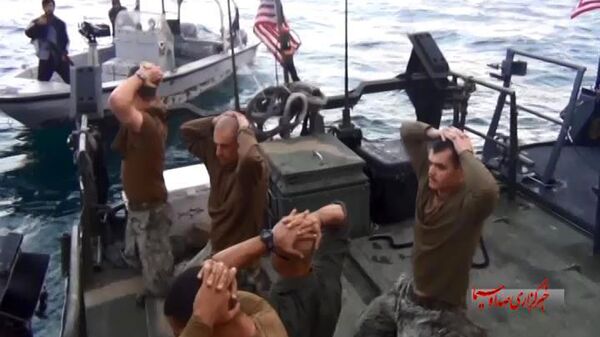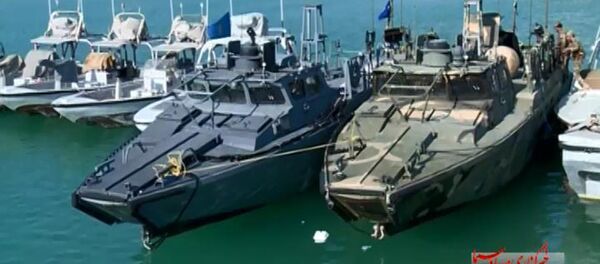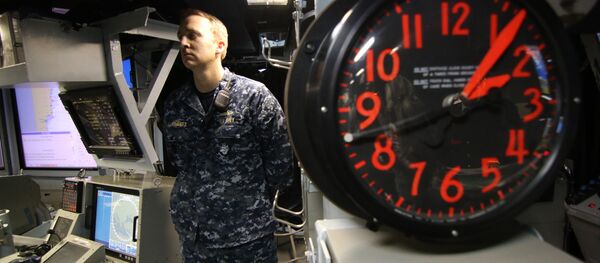"It is clear that some, if not all, crew members provided at least some information to interrogators beyond name, rank, service number and date of birth," the report read.
The precise details provided remain unknown.
The incident, in which ten US Navy sailors were apprehended by Iran’s Islamic Revolutionary Guard Corps in the Persian Gulf, was a major embarrassment for Washington.
"Our actions on that day in January and this incident did not live up to our expectations of our Navy," Chief of Naval Operations Admiral John Richardson told reporters on Thursday. "Big incidents like this are always the result of the accumulation of a number of small problems."
The problems began when the task force commander, Captain Kyle S. Moses, ordered the crewmembers to make an ill-prepared 250-nautical-mile transit.
"He lacked a questioning attitude, failed to promote a culture of safety, and disregarded appropriate backup from his staff and subordinate commands," the report said.
The incident led to the dismissal of Captain Moses.
"Several weeks ago, I had initially taken what I felt was appropriate administrative and corrective action involving Capt. Moses, based on the preliminary results of the investigation, which I began immediately after we recovered our sailors," commander of US Naval Forces Central Command Vice Admiral Kevin M. Donegan said in a statement released earlier this week.
"However, after thoroughly examining the findings of the final, comprehensive investigation, I determined that this additional action was necessary."
While the incident was inarguably the result of failings on the part of the US Navy, some have painted Tehran as the villain.
"The Navy investigation confirms what has been obvious from the beginning," US Senator John McCain said. "That Iran’s obstruction, boarding, and seizure of sovereign US Navy vessels at gunpoint and the detention, interrogation, and recording of 10 American sailors were flagrant violations of international law."




